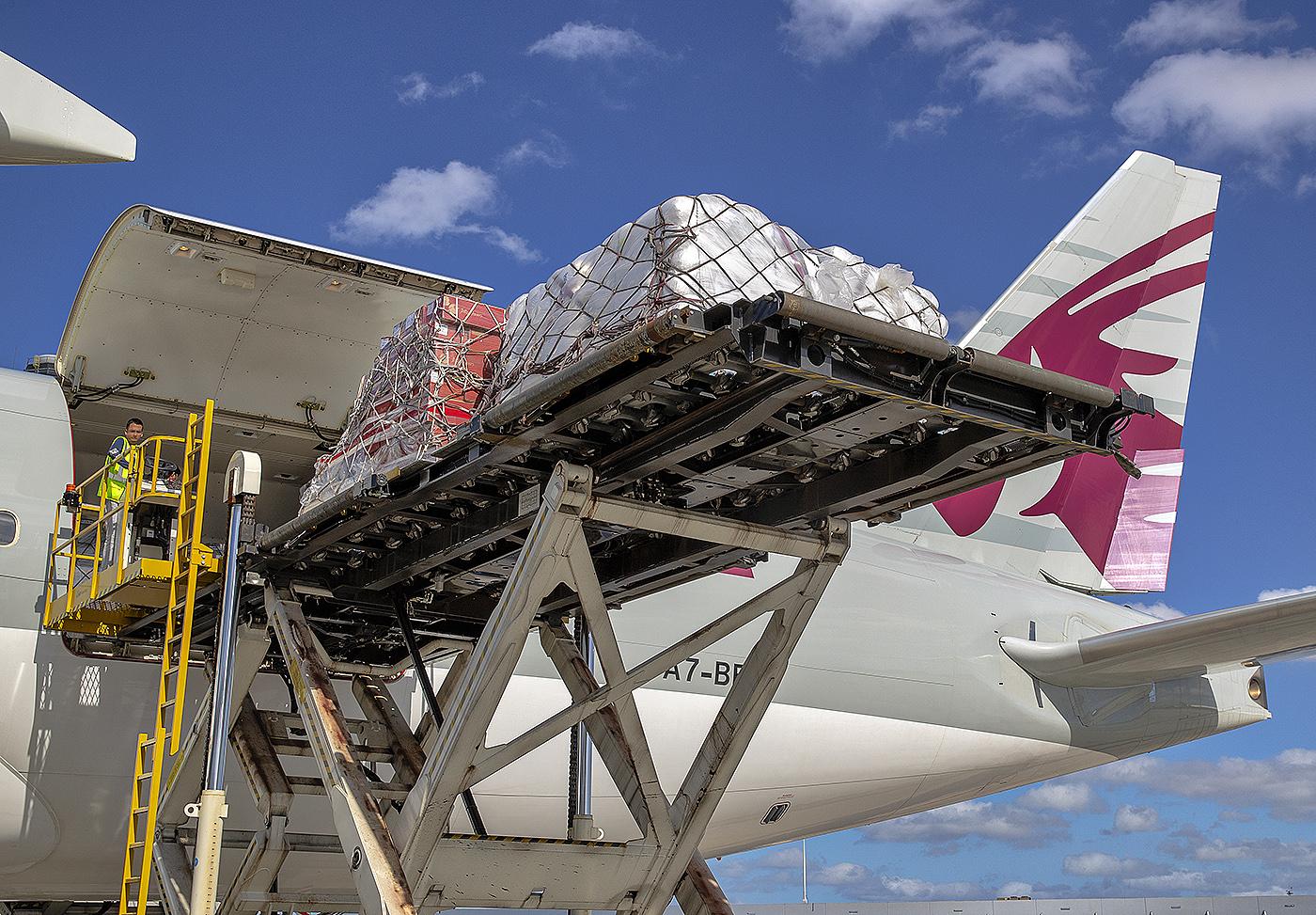COVID-19 Crisis Had Significant Impact On Air Cargo Sector

The COVID-19 crisis had a significant impact on the air cargo sector, with initial demand for transporting medical supplies leading to some airlines temporarily converting grounded passenger aircraft into freighters.
Data from air cargo sector specialist CLIVE Data Services—which uses “dynamic load factor” analysis based on cargo volume and weight and available capacity, not just weight—showed international air cargo volumes in August were 17% lower than August 2019, an improvement on the April nadir when volumes were down 41% year-on-year (YOY).
“Whereas cargo has often been regarded as the ‘freeloader’ of the airline industry because it has always been a by-product of far greater passenger revenues, right now it is passengers who are the ‘freeloaders’ because cargo is the main source of revenue for many airlines and helping to get passenger flights back into the air,” CLIVE MD Niall van de Wouw said.
Separately, Aviation Week data showed that non-package cargo carriers utilization experienced a slight contraction in July as ‘belly cargo’ recovered in conjunction with commercial passenger flights.
IATA’s data showed that belly capacity for international air cargo was down 70.5% YOY in July, a drop that was partially offset by a 28.8% increase in capacity through expanded use of freighter aircraft.
“Economic indicators are improving, but we have not yet seen that fully reflected in growing air cargo shipments,” IATA director general and CEO Alexandre de Juniac said. “That said, air cargo is much stronger than the passenger side of the business. And one of our biggest challenges remains accommodating demand with severely reduced capacity. If borders remain closed, travel curtailed and passenger fleets grounded, the ability of air cargo to keep the global economy moving will be challenged.”




